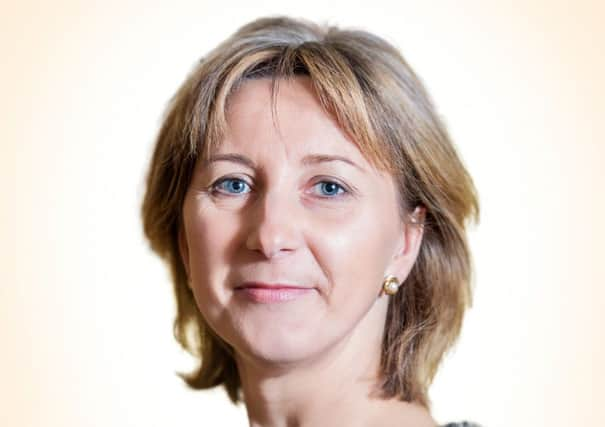Launch event for schools training for non-English pupils


Northumberland in 2016 is a county with an increasing number of children and adults who are not native speakers of English.
There has been an influx of Eastern European migrants since the EU enlargement in 2014, many of whom made it to Alnwick or Berwick, and refugees may soon be arriving from the conflict in Syria.
Advertisement
Hide AdAdvertisement
Hide AdThis has put new demands on our schools, where there is an increased demand for teachers to develop skills to deliver EAL, English as an Additional Language, to support pupils who come with poor language skills or no English at all.
According to the county council, in January 2016, there were 739 children with EAL in Northumberland, an increase of nearly 12.5 per cent in the last five years.
The Language for Results training, which is offered by Mohr Language Support, an educational charity set up four years ago by Dr Beata Kohlbek, comes from The Bell Foundation and is informed by in-depth research from leading universities.
Local schools have been invited to the event at the Alnwick Garden on Wednesday.
Advertisement
Hide AdAdvertisement
Hide AdDr Kohlbek said: “Teachers and teaching assistants often come to us with a list of questions how best to support EAL pupils.
“They are not sure which sets to place them in for maths and English, how to judge how much the children understand, whether to send them to French classes or not to confuse them by expecting that they learn English and French at the same time.
“Our staff go out to schools and teach EAL classes and now we can also offer a three-year training programme for the whole school, including haedteachers, office staff and everyone who comes into contact with migrant children.”
Diana Sutton, director of The Bell Foundation, said: “We are delighted to be working with Mohr Language support and to be bringing the programme to the Northumberland region. Every child should be given the chance to reach their full potential wherever they live and whatever their background.”
For more information, contact Dr Kohlbek on [email protected] or visit www.mohrlanguagesupport.org.uk